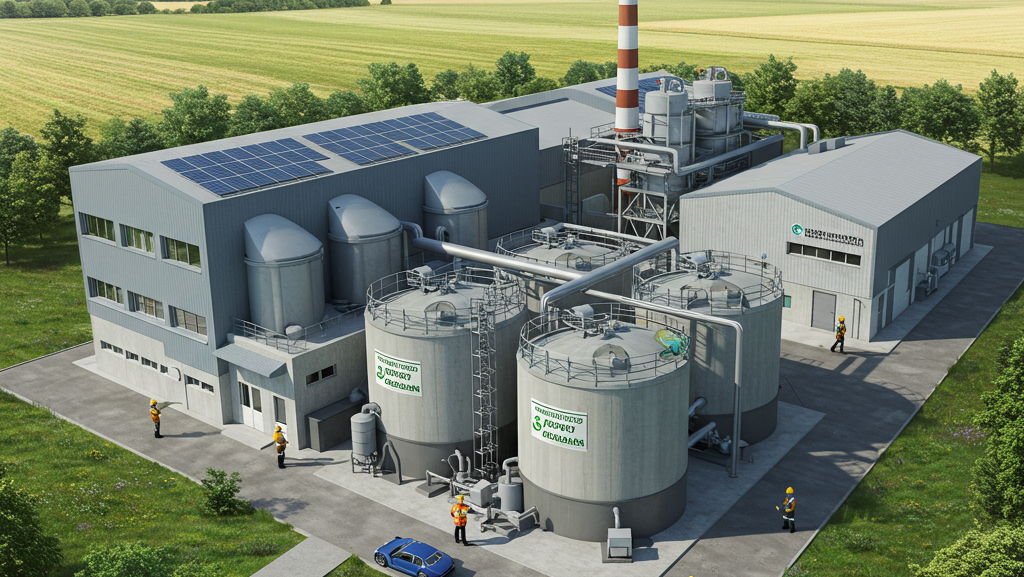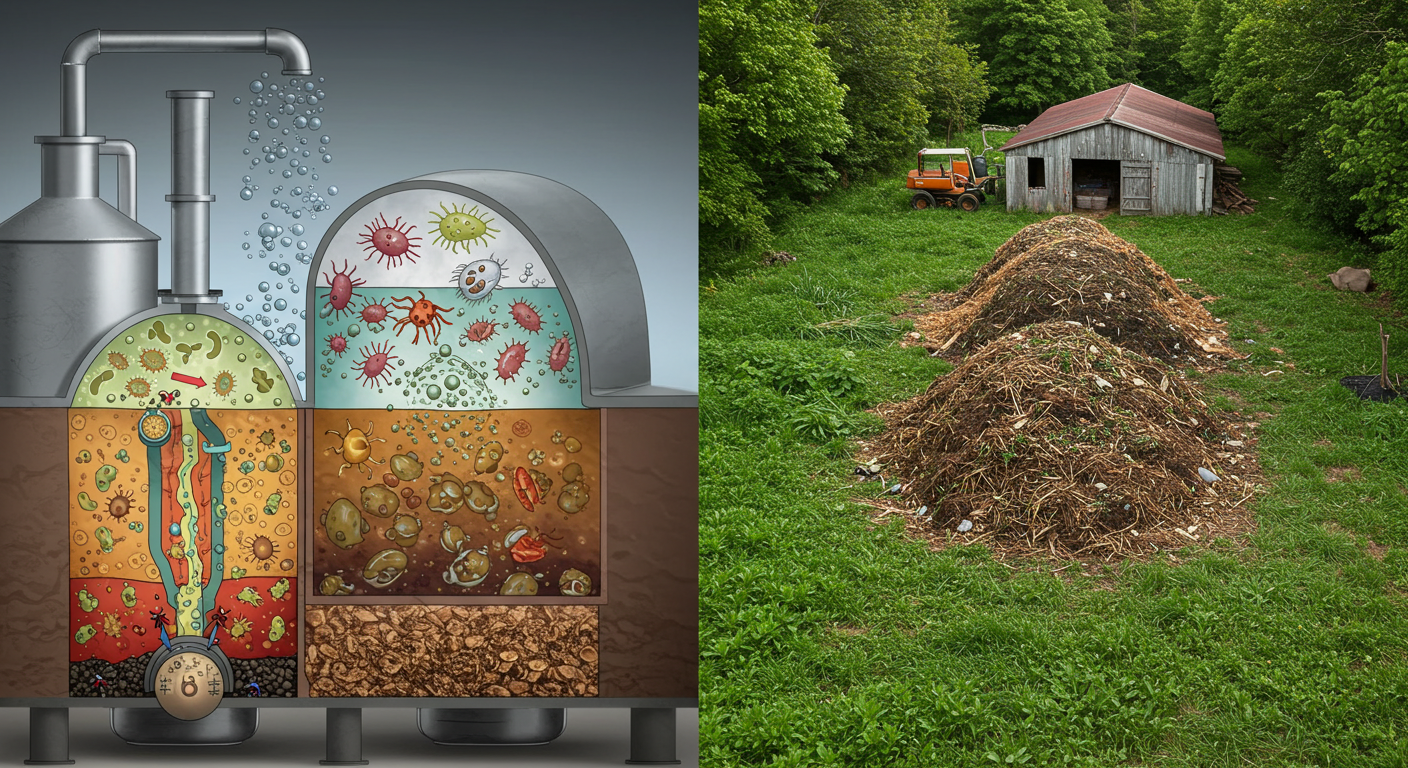Understanding Farm Waste
Farm waste is generated from various agricultural processes, and it can significantly impact the environment if not managed properly. This waste includes organic materials such as crop residues, animal manure, and food processing by-products. Effectively managing this waste is crucial for promoting environmental sustainability.
The Importance of Sustainable Practices
Sustainable management of farm waste ensures that valuable nutrients are recycled back into the soil, reducing the reliance on synthetic fertilizers. Practices like composting, utilizing anaerobic digestion for biogas production, and implementing crop rotation can help farmers mitigate the harmful effects of waste on the environment. By adopting these practices, farmers contribute to a more sustainable agricultural ecosystem.
Strategies for Effective Waste Management
There are several strategies that can be employed to enhance farm waste management for environmental sustainability. First, implementing a comprehensive waste management plan is essential. This includes assessing the types of waste generated, developing processes for recycling, and incorporating local regulations. Secondly, education and outreach programs can equip farmers with the knowledge needed to adopt sustainable practices. Lastly, utilizing technology, such as precision agriculture tools, can help optimize waste reduction and improve efficiency.
By focusing on these strategies, farmers can play a pivotal role in minimizing environmental impact, ensuring long-term productivity, and contributing to the global sustainability movement.





